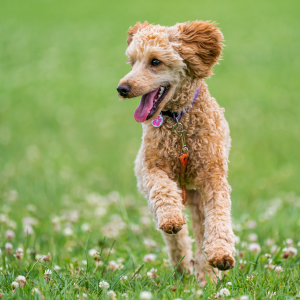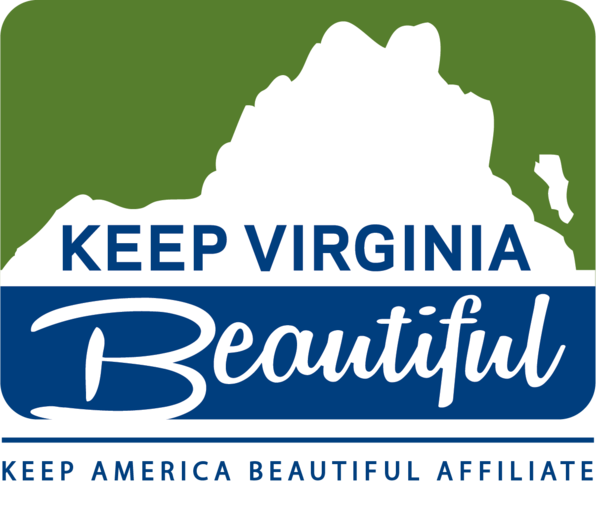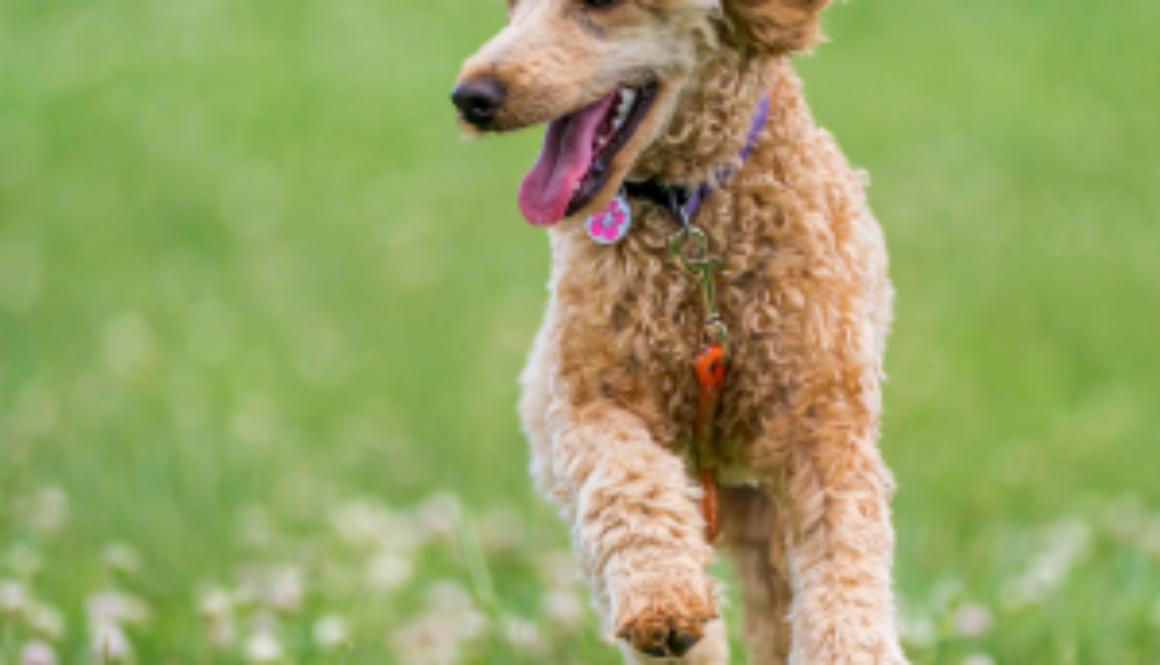“Green Up” Your Lawn

The American dream of a suburban house with a plush green lawn needs to be reconsidered. Lawn care services want to sign you up for fertilizer, weed control, and mosquito control to “help you get the lawn you want.” But recent education of what that means for the health of your family, wildlife, and the environment has brought that kind of treatment plan into question.
Here are some of the consequences of a traditional plush green lawn:
Fertilizer: Inorganic fertilizer promotes the fast growth of grass, rather than its nutritional value. Chemical fertilizers may be toxic to the soil, nearby plants, and microbes in soil. Pets can breathe in chemicals when they sniff, ingest them if they eat grass, and pick them up on their paws and fur when they walk or lay on your lawn.
Weed control: Products such as “weed and feed” that are spread on your lawn in granular form can be washed away by sprinkler systems or rain. Even if you don’t live near the water, pesticides from your yard could travel through storm drains untreated to the nearest stream or lake, or seep into the water table. Children and pets can unknowingly pick up the granules of weed control on their feet or fur, bringing it into the house.
Mosquito control: As annoying as a mosquito bit can be, it’s best not to use sprayed chemicals to kill them. When a company broadcasts its chemical spray in your backyard, it cannot target just the mosquitoes! It will kill other insects including butterflies, caterpillars, ladybugs, dragonflies, and other beneficial insects. Many birds rely on mosquitoes and insects to feed their young, and if they eat anything that’s been sprayed with an insecticide it can be lethal.
There are things you can do to avoid dependency on these things that will save you time and money!
Reduce the size of your lawn: Increasing the size of your border gardens, especially if you add native plants, will increase the beauty of your landscape and be beneficial to birds, butterflies, and other pollinators. And you’ll spend less time mowing!
Use organic products: Organic products break down quickly in the environment, making them less likely to be washed away into storm drains by the sprinklers or rain. Most organic products are not toxic to humans or animals.
Mow correctly: Know what type of grass you have and mow according to the recommended height. A good rule of thumb is to never cut off more than one-third of the grass blade’s length. And don’t mow too low, it stresses the turf and makes it vulnerable to pests, weeds, and disease.
Or consider adding clover to your grass seed to encourage a partial or full clover lawn. It’s low maintenance, doesn’t require fertilizer to stay green, it’s soft to walk on, and the clover flowers smell sweet!
As for those pesky mosquitoes, you can reduce their breeding ground – standing water – by emptying even small amounts of water from flowerpot saucers, pool covers, buckets, or toys. For standing water in areas you can’t empty such as puddles, birdbaths, rain barrels, creeks, you can safely use mosquito dunks to kill the mosquito larvae. It’s not harmful to humans, animals, fish, birds, or the soil. If you get a bat house to encourage bats to live in your yard. According to Virginia Tech, bats favorite meals are midges, mayflies, mosquitoes — which they can consume hundreds of per hour!
This summer, why not try to make your lawn truly green?

